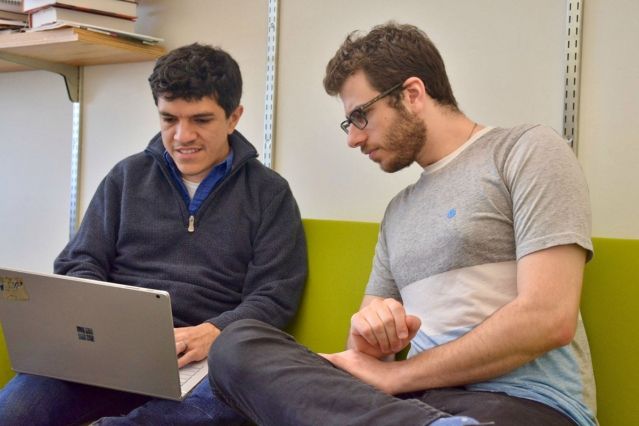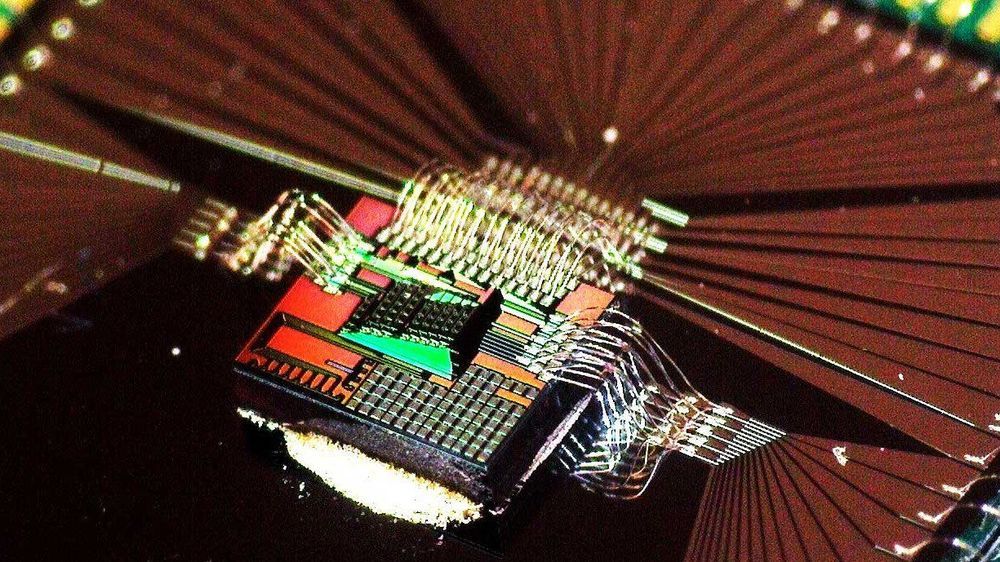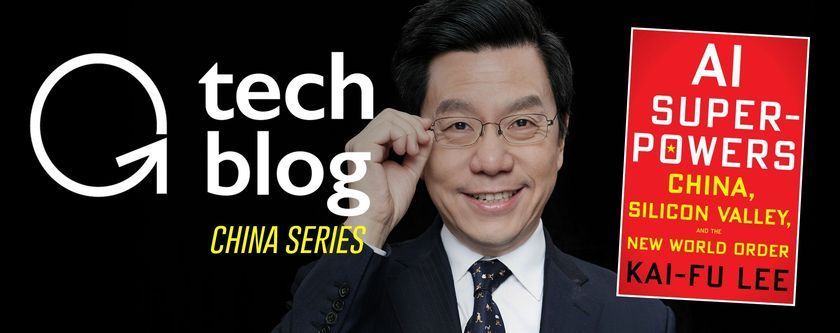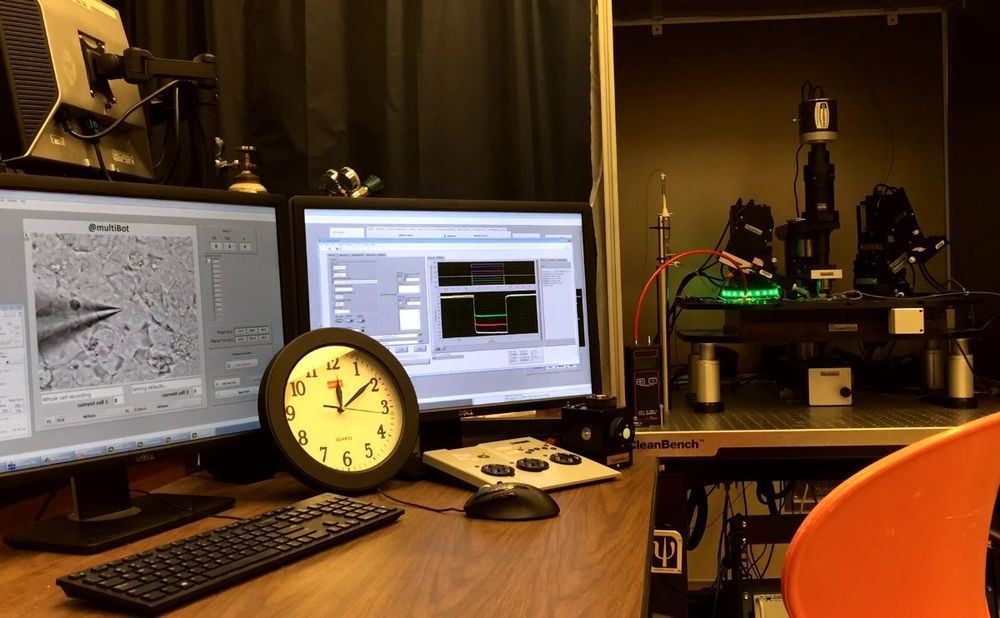Cheezburger.com — Crafted from the finest Internets.


Cheezburger.com — Crafted from the finest Internets.

Gone are the days when a store’s security cameras only mattered to shoplifters.
Now, with the rising prevalence of surveillance systems constantly monitored by artificial intelligence, ubiquitous security systems can watch, learn about, and discriminate against shoppers more than ever before.
That’s the gist of a new ACLU report titled “The Dawn of Robot Surveillance,” about how emerging AI technology enables security companies to constantly monitor and collect data about people — opening new possibilities in which power is abused or underserved communities are overpoliced.


Nichol Bradford, MBA, is the CEO & Founder of the Willow Group and the Executive Director and co-founder of the Transformative Technology Lab, Conference, and TT200 List. Prior to becoming a leader in Transformative Technology, Bradford was a senior executive in video games with responsibility for strategy, operations and marketing for major brands that include: Activision Blizzard, Disney, and Vivendi Games — including operating World of Warcraft China. Nichol is a graduate of Singularity University GSP15, has an MBA from Wharton School of Business in Strategy. She is author of a novel, The Sisterhood.
Here she describes developments in the emerging industry of transformative technology. She points out that, in the next 25 years, enormous numbers of jobs will be displaced by automation. This challenge, and others, make it essential that people large numbers of people actualize more of their innate potential. Technology can assist in this process — particularly when it is scalable and can be afforded by the millions. She emphasizes a variety of technological advances while emphasizing the importance of ethics, privacy, and data sovereignty.
New Thinking Allowed host, Jeffrey Mishlove, PhD, is author of The Roots of Consciousness, Psi Development Systems, and The PK Man. Between 1986 and 2002 he hosted and co-produced the original Thinking Allowed public television series. He is the recipient of the only doctoral diploma in “parapsychology” ever awarded by an accredited university (University of California, Berkeley, 1980).
(Recorded on February 18, 2019)
For a complete, updated list with links to all of our videos, see https://newthinkingallowed.com/Listings.htm.
For opportunities to engage with and support the New Thinking Allowed video channel — please visit the New Thinking Allowed Foundation at http://www.newthinkingallowed.org.
🤖🗯
Robots are finally smart enough to understand humans and talk back. By leveraging artificial intelligence, IBM’s Project Debater is a supercomputer that can take on human opponents in a debate — and win! Although humans have better delivery, Project Debater was able to make better arguments with more facts.

Turns out that last one was a CGI joke but this one isn’t. Facebook wouldn’t let me delete the post.
Recently, I picked up Kai-Fu Lee’s newest book, AI Superpowers.
Kai-Fu Lee is one of the most plugged-in AI investors on the planet, heading management of over $2 billion AUM between six funds, and over 300 portfolio companies in the U.S. and China.
Drawing from his pioneering work in AI, executive leadership at Microsoft, Apple and Google (where he served as founding president of Google China), and his founding of VC fund Sinovation Ventures, Lee shares invaluable insights about:

Cops would love to have a system that uses DNA from a crime scene to generate a picture of a suspect’s face, but that tech is still restricted to science fiction.
That technology may never exist, but a team of Belgian and American engineers just developed something similar. Using what they know about how DNA shapes the human face, the researchers built an algorithm that scans through a database of images and selects the faces that could be linked to the DNA found at a crime scene, according to research published Wednesday in the journal Nature Communications — a powerful crime-fighting tool, but also a terrifying new way to subvert privacy.
